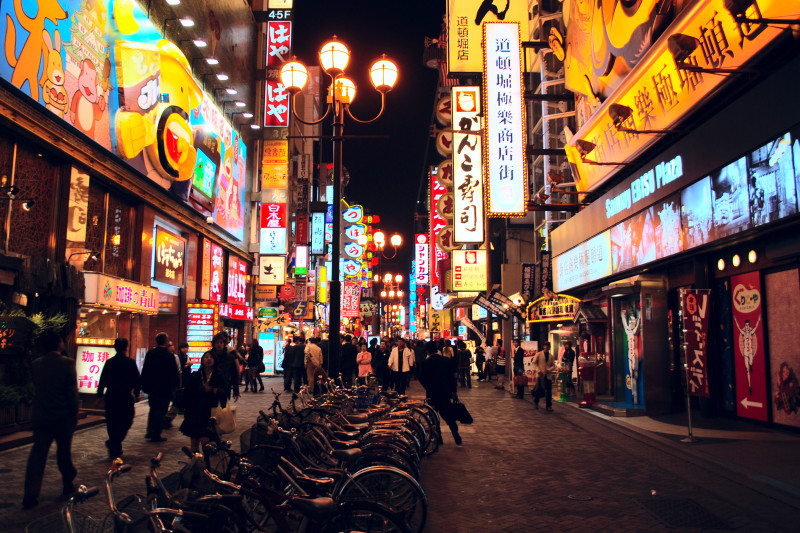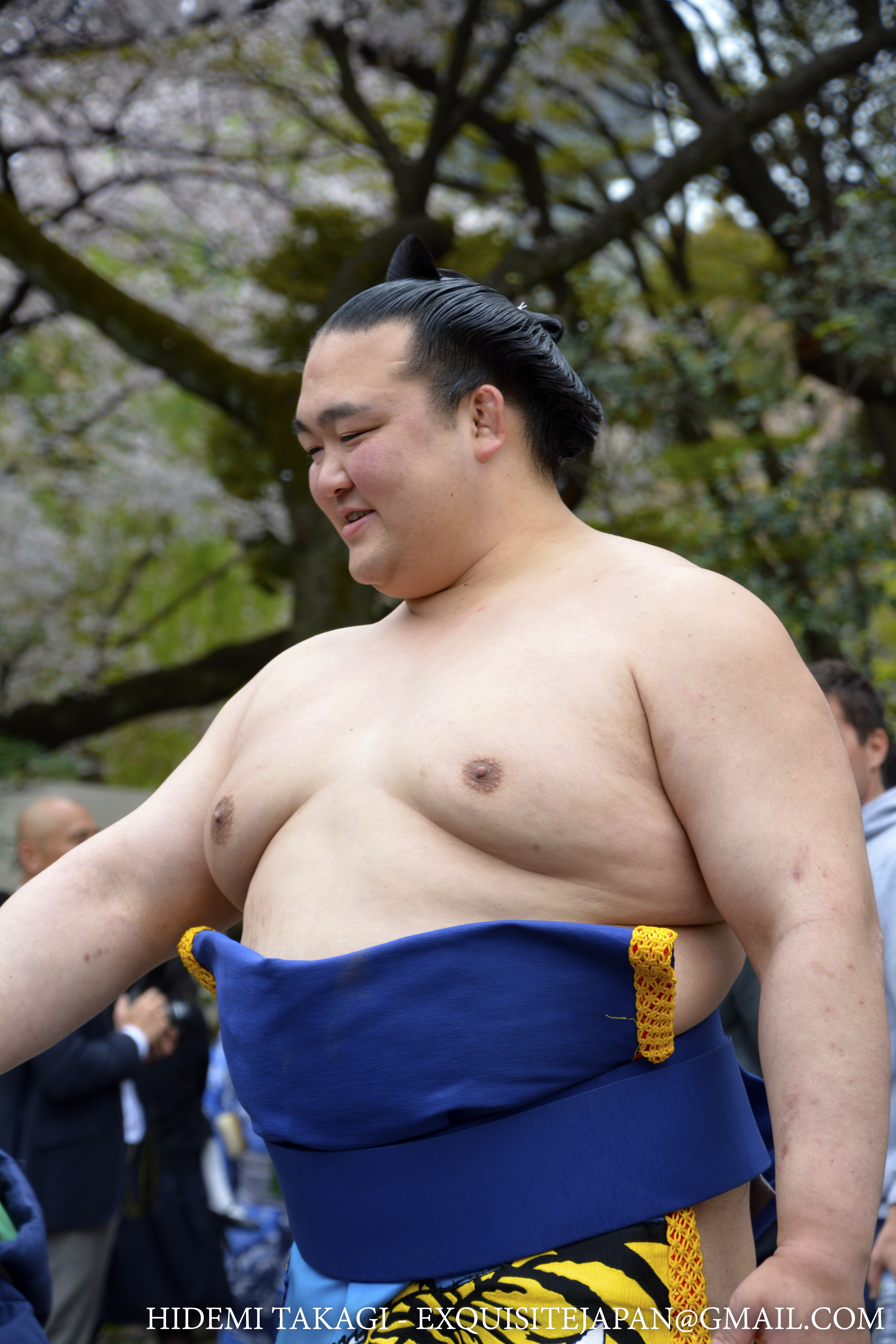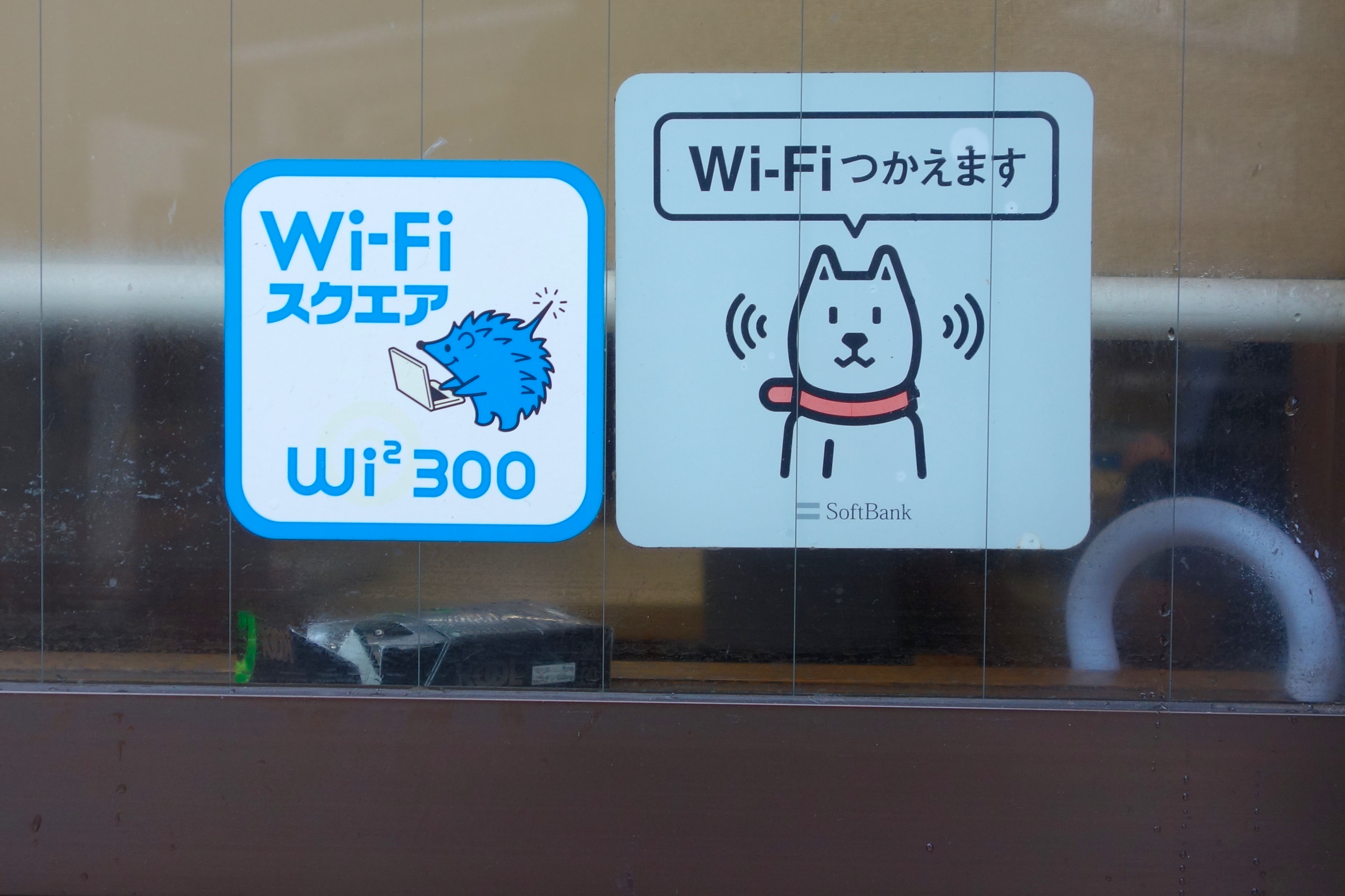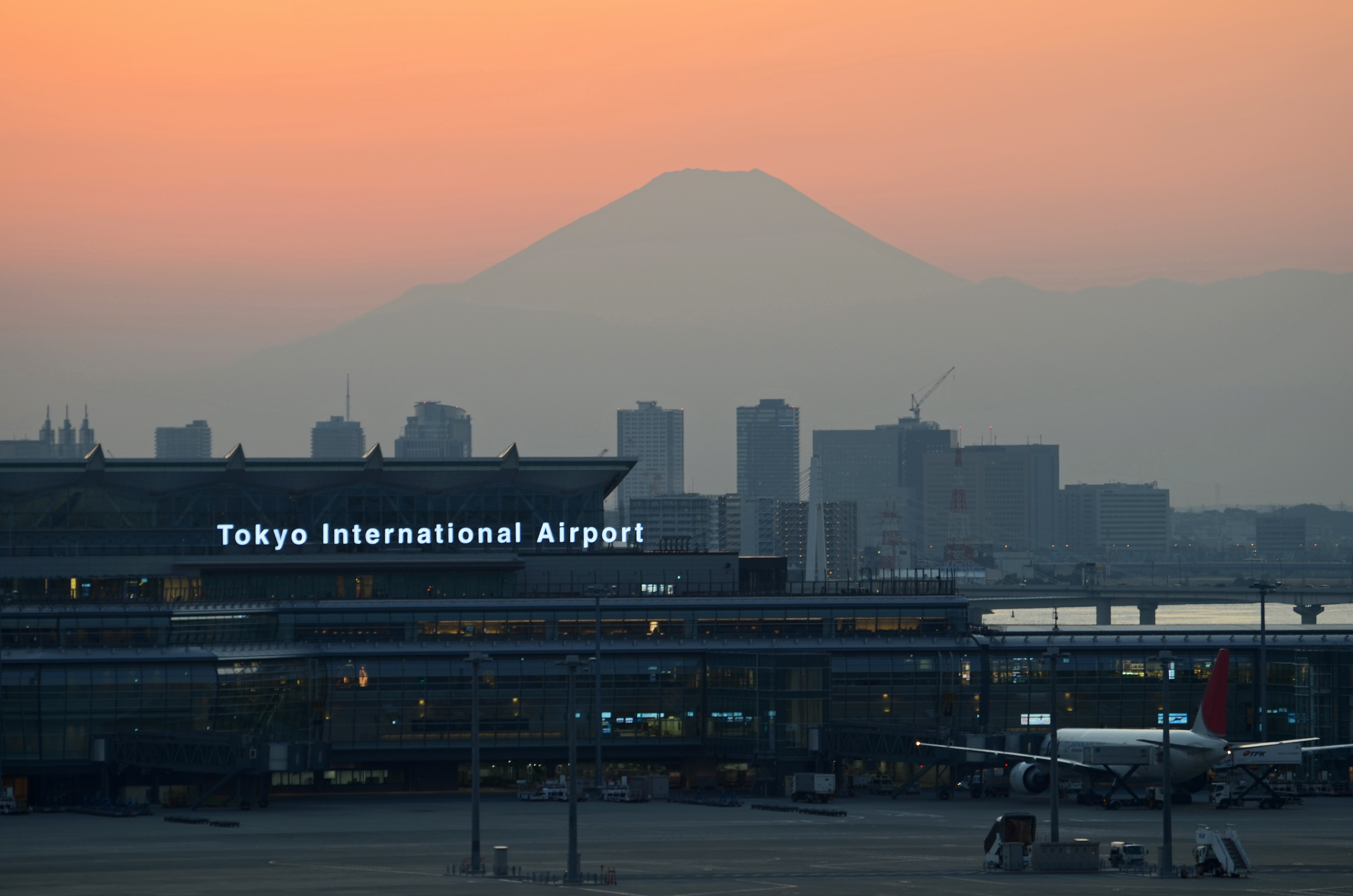When you are planning a trip to a foreign country, it is fun to learn some of their language. Just some common words that we use every day would be fine, like, ‘yes’, ‘no’, ‘hello’, ‘good day’ and definitely, ‘thank you’. You have no idea how many times you will be in a position to thank some strangers in a foreign country, where more than often you will be asking for directions or location or any other kind of help from them. And when they help you, you would like to say, thank you, or in Japan, “Arigato”. There are different versions of the word. Let’s check out how and why you will use “Arigato” in Japan.
1.Meaning of “Arigato”
Arigato means “Thank you”. This is the simplest form of showing gratitude. There are other words that are incorporated with Arigato to make an elaborate meaning, but if you use it solo, you are just saying “Thank you”.
2.How to Use It?
Another word similar to Arigato that is used to thank people is Doumo, which means “Thanks”. But there are several variations available. For example, to say “Thanks a lot”, you will say Doumo Arigatou (arigatou or arigato, both are same). As a more formal version, say someone in a position of authority over you or probably to an older person, you will say Arigato Gozaimasu. The meaning is still the same as “Thank you”, but now it is more formal. Or, you can use Doumo arigato gozaimasu, meaning “Thanks a lot” in a more formal situation.
3.Value of “Arigato” in Japan
In Japan, people are more formal than the USA. Respect and humbleness are important to them. Simply one thank you is not enough. They appreciate the gratitude in a modest way and more than once. They have different versions of showing gratitude for different situations. What makes it even more unique is the expression with the words, maybe a polite nod or a bow.
4.Some Situations to Use It
Japanese people have several styles to show gratitude and these differ from situation to situation. For a casual thank you, you can just say Arigato or Doumo or Doumo Arigato. A more formal version is stated before, ‘Arigato Gozaimasu’. You can also express thanks in past tense by saying ‘Arigato Gozaimashita’.
There are also circumstance specific ways where Japanese people tend to express gratitude. There you have to use different words and styles. For example, after a meal, they say ‘Gochisou sama deshita‘ meaning Thank you for the delicious meal! After a long day of work, you thank everyone by saying ‘O-tsukaresama desu’ which means Thank you for your hard work.
Some other formal or informal words to thank people in Japan are:
- Gokyouryoku itadaki arigatougozaimasu. (Formal)
Meaning: Thanks for your help. - Tetsudattekurete arigatou. (Casual)
Meaning: Thanks for your help. - Sorewa arigataidesu.
Meaning: That is very kind.
5.Wrong Ways to Use ‘Arigato’ & the Right Words in Those Cases
So, how can you go wrong with as simple as ‘Thank you’? It’s a good thing, isn’t it? You just put this after every little help you get from people, sometimes even after just meeting them. No, it’s not that simple actually. You need to put a break on every little situation you just deliver the words ‘Thank you’ without meaning it. Here are some situations like this-
- Say, you are in a restaurant and the waiter serves the food. Do you thank him? If, yes, then, why? Didn’t you just pay for the service and the food? So here is a tip, do not use ‘Arigato’ where a payment is involved.
- Now let’s go to a different scenario. Your bag or file suddenly falls on the floor and someone gets it for you. Or, someone holds a lift or opens the door for you. In these cases, ‘Doumo Arigato’ or ‘Arigato gozaimasu’ is not appropriate. You need to express apology for causing the trouble here. In Japan, people say ‘Sumimasen’ for these scenarios. Or, you can say ‘Osore irimasu’ in a more formal situation. Both of them means you are apologizing for the making people doing something for you.
- In cases of you asking someone a favor, say, asking for a lift, or for a help in doing something, a more humble way to show gratitude is to say, ‘Otesuu wo okakeshimasu’, meaning ‘Sorry to bother you’.
- When someone compliments you, it’s a tradition to reply with ‘Okage Samade’. It means ‘With your help’. Though your typical answer, in this case, would be ‘Thank you’. But in Japan, people believe that any kind of achievement happens with direct and indirect helps from a lot of people and they like to appreciate it like this.
Japanese culture reflects the words politeness, kind, humbleness, and respect. They like to appreciate people around them and to be appreciated by others as well. I hope this post is going to help to achieve that.
Have a good trip and travel!


















